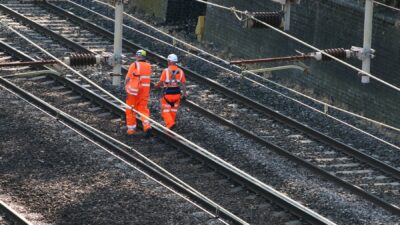Fares fair? The economics of setting ticket prices
Regulated rail fares in Great Britain are set to rise by 3% in real terms for each of the next three years, while the entire approach to fares setting is about to be subject to formal review. There are important economic issues surrounding these changes, such as the empirical evidence on how passengers respond to fare changes, and the types of fares regulation that might be introduced.
Related

Switching tracks: the regulatory implications of Great British Railways—part 2
In this two-part series, we delve into the regulatory implications of rail reform. This reform will bring significant changes to the industry’s structure, including the nationalisation of private passenger train operations and the creation of Great British Railways (GBR)—a vertically integrated body that will manage both track and operations for… Read More

Cost–benefit analyses for public policy
Cost–benefit analyses (CBA) are commonly applied to public infrastructure projects where there is a degree of certainty about the physical output of the project and the consequent societal benefits. CBA can also be applied to proposed policy and regulatory changes, but there is less clarity about the outcomes and the… Read More

